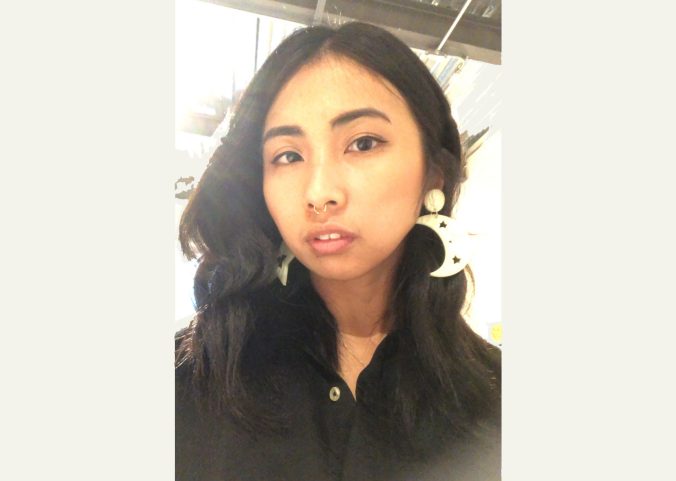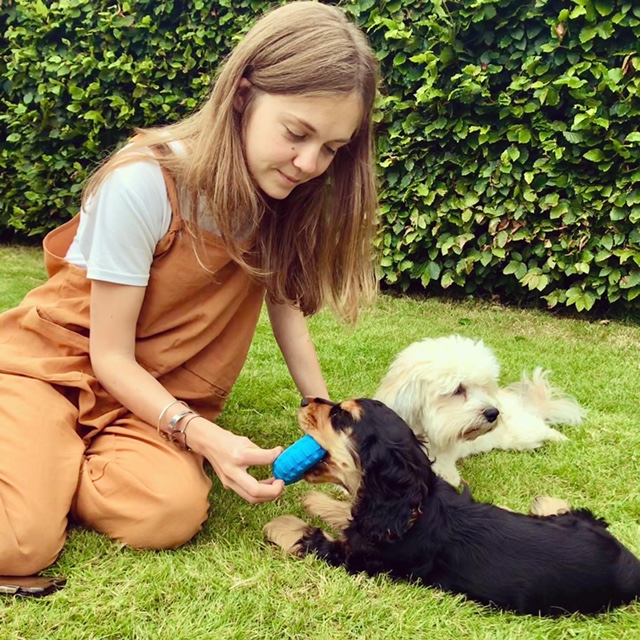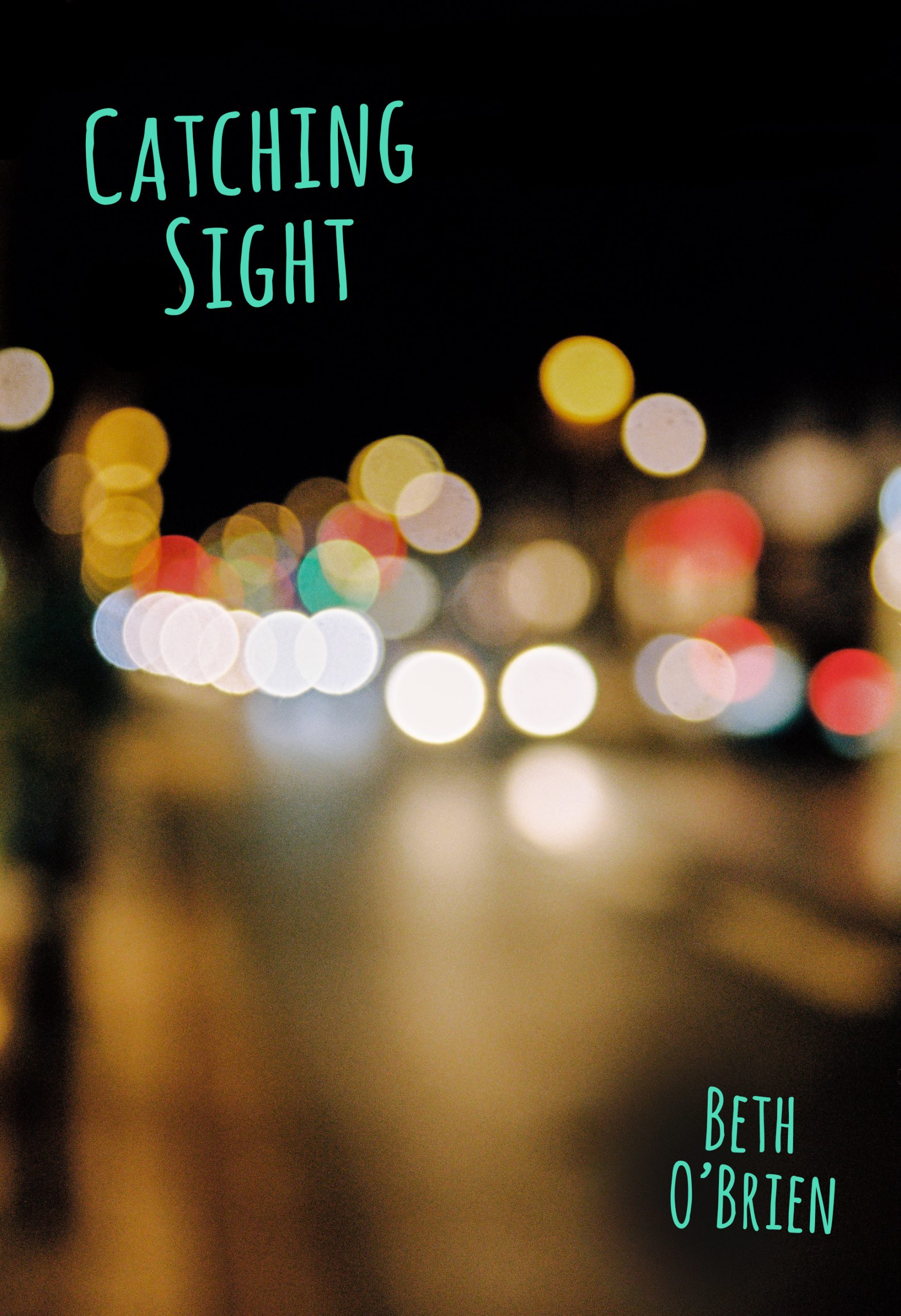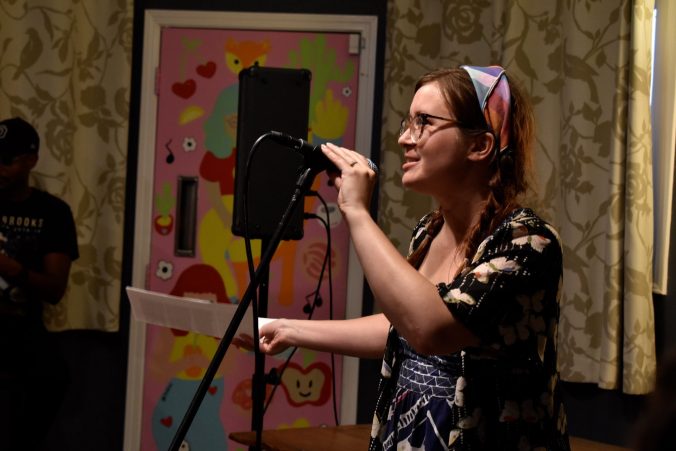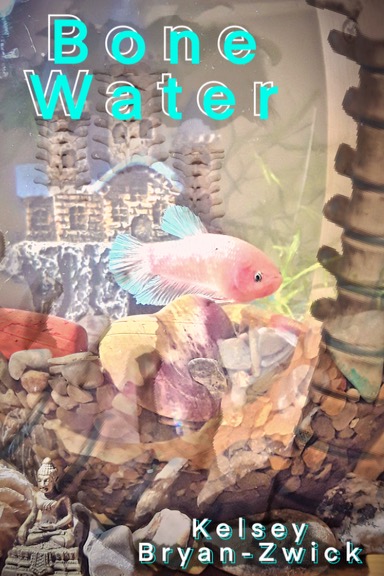MT Vallarta’s hybrid poetry and creative nonfiction microchapbook, The Science of Flowers, was released on December 8, 2021 from Blanket Sea Press. It was selected as part of our inaugural Awareness & Advocacy series. We asked MT to tell us more about the book, what inspires their writing, and mental health advocacy.
What inspired you to write The Science of Flowers?
The Science of Flowers was largely written for my former partner, Alex Ratanapratum, who passed away from suicide this past year. Survival, particularly under multiple mental illnesses, is a protracted struggle, and this small collection of poems chronicles how I bore witness to their struggle. In addition, I’ve also been thinking about how my own ideas and strategies for survival are largely informed by the conditions in the Philippines under Spanish, U.S., and Japanese colonialisms.
How long have you been a writer, and what drew you to writing?
Generally, I have been a writer since elementary school. Professionally, I did not embrace my identity as a poet/writer until the middle of graduate school, when I was burnt out by the demands of academia. Then, I turned to poetry as a refuge. To this day, I write because it literally saves my life. When I begin to feel that sinking feeling, I turn to my computer or journal and just write, write, write. I will probably write for however long I stay alive.
Your book is a hybrid work of poetry and creative nonfiction. Why did you choose a hybrid of forms to tell this story? What impact do you think that might have?
I think I’m a hybrid writer because, in addition to creative writing, I also write literary criticism and conduct research in Filipinx Studies. I began to develop a hybrid writing process in an attempt to meld these genres and to also make sense of my positionality to politics. In Immigrant Acts, Lisa Lowe describes “hybridity” as the history of survival within relationships of unequal power and domination” (67). My hybrid writing explores this multiplicity—what it means to be a queer, non-binary, disabled, and diasporic Filipinx, and how we can continue to write and live under these realities.
Blanket Sea is donating 10% of press proceeds from your book to an advocacy organization. You selected the Institute for the Development of Human Arts. Can you talk a little about why you chose IDHA?
I chose IDHA because they approach mental health and care work through a holistic and abolitionist lens. I love their dedication to mutual aid, peer-to-peer education, and their emphasis on how we cannot fix the mental health industrial complex unless we address structural oppressions.
What do you wish that people understood better when it comes to mental illness and trauma? Where could there be improvements in awareness, treatments, activism, etc.?
I hope folks can work toward understanding how mental illness is exacerbated under conditions of premature death such as food insecurity, homelessness, health inequity, policing, incarceration, racial capitalism, (neo)colonialism, militarism, and other modalities of risk, harm, and injustice. Working toward this understanding, I believe, is how we can better address the root causes of mental illness and conduct more effective healing work.
Your book goes into themes around intergenerational trauma and colonialism. Can you say more about that?
Trauma is intergenerational/inherited because we have yet to address the root causes of trauma. However, this trauma can be healed, and I believe we must do this healing work in the present so we can strive for more equitable, just, and healthy futures. In order to do this work, I believe we must also connect mental health advocacy and trauma-informed healing under an anti-imperialists lens. Mental health awareness is part of anti-colonial work and working through trauma can also be a decolonizing tactic.
Who are some of your favorite poets and authors?
I am largely inspired by Black feminist poets and authors, such as Audre Lorde and Toni Morrison. My favorite Filipinx poets and writers are Kimberly Alidio, Merlinda Bobis, Lysley Tenorio, and Gina Apostol. I also love Muriel Leung, Esme Weijun Wang, and Monique Truong.
Tell us more about who you are. Hobbies, interests, fun facts? What would you like readers to know about you?
I have recently started reading for pleasure again since starting grad school, and some books I recently finished are Aristotle and Dante Diver Into the Waters of the World by Benjamin Alire Saenz and Last Night at the Telegraph Club by Malinda Lo. Both are great YA books written my QTPOC! I also started playing Animal Hot Springs on my phone. Watch out—it’s cute and addicting.
What are you hoping that readers will take away from your work?
That I hope one day we can fully live and no longer have to be resilient—I wish for an abundant future of rest, happiness, and abundance for us all. Also, anything that brings you joy and helps you see the next day is worth it, so do it!
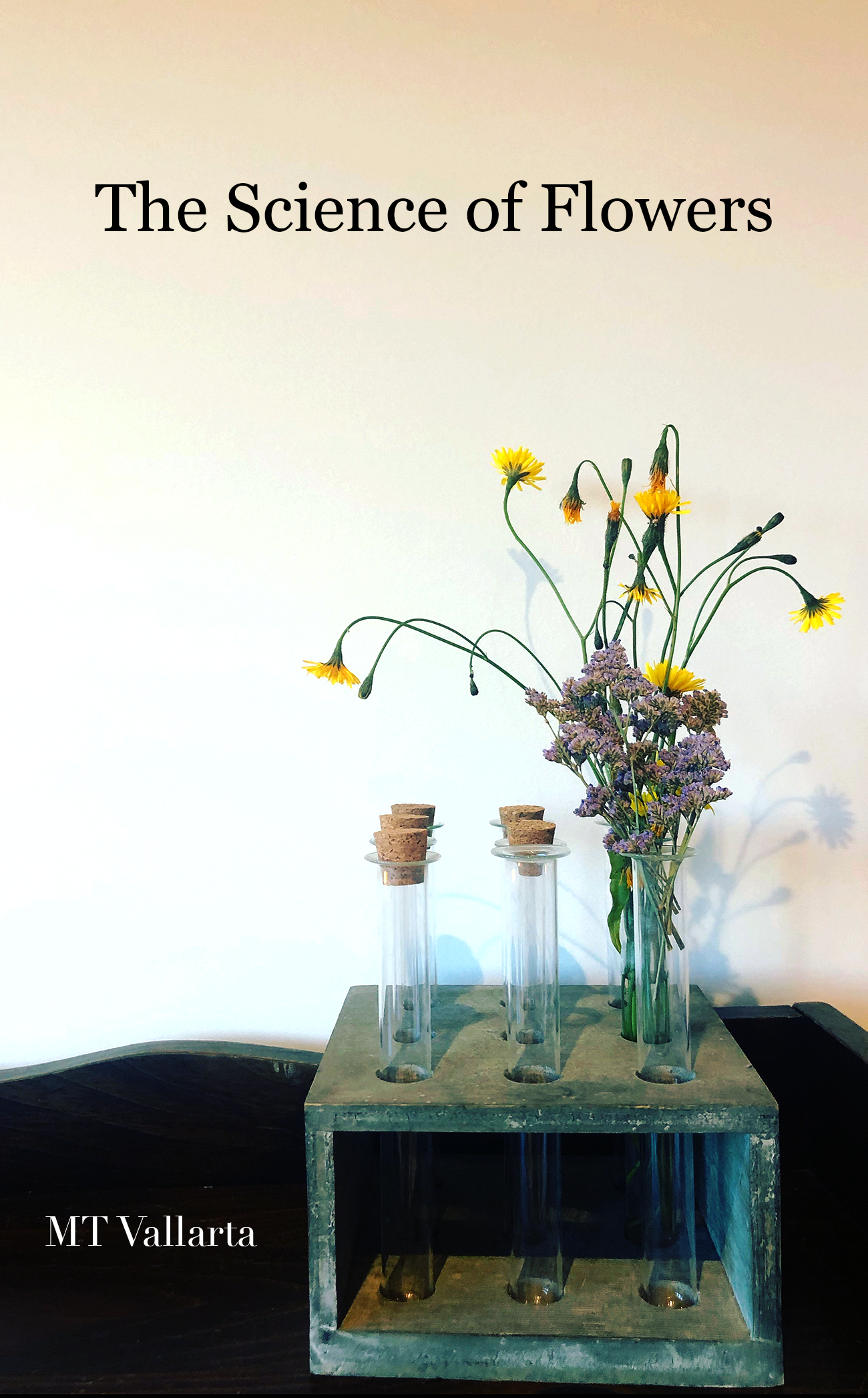
Find out more about The Science of Flowers and download your copy here. You can set your own price or get it for free. A portion of proceeds goes to the Institute for the Development of Human Arts, an organization working to advance anti-oppressive and transformative mental health practices.
